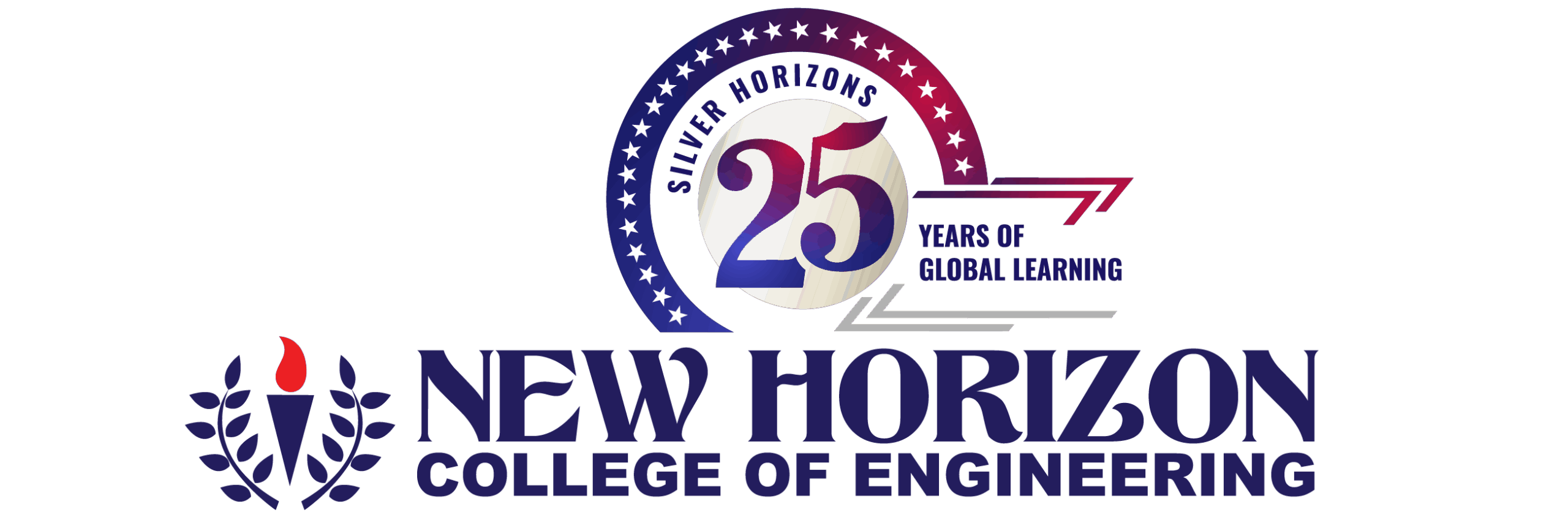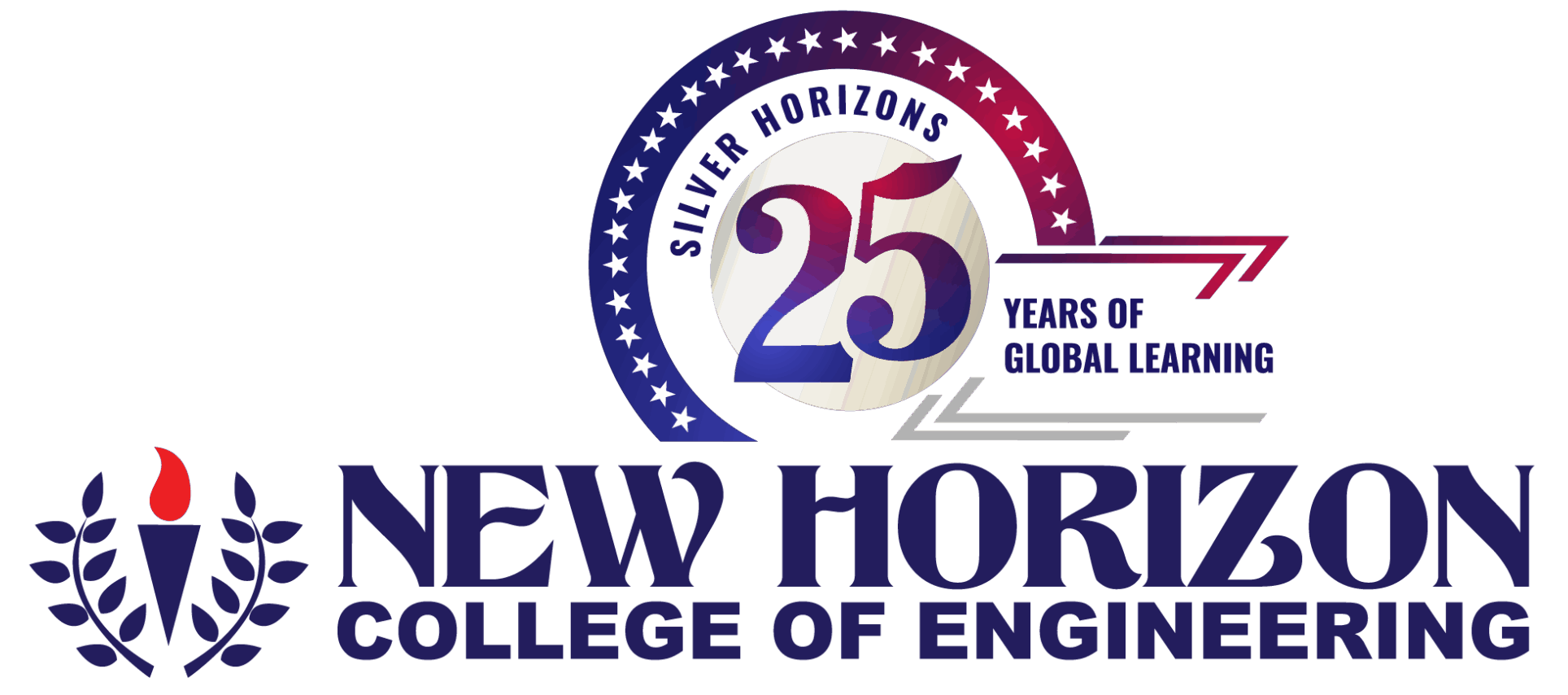Professional Counselling
Your mental well-being matters
We’re here to listen
At New Horizon College of Engineering, we believe success isn’t just academic — it’s emotional and personal too. Our Professional Counselling Centre offers a safe, confidential space where students can talk, reflect, and grow.

Department of Counselling
Vision
To guide the students to deal with life challenges and encourage them to reach maximum academic achievement and optimal personal growth, so that in due course of time, they become valuable assets to society.
Philosophy
- Treat every student with respect and honour.
- Value individuality and embrace diversity in all its forms.
- Student-Centric approach, helping individuals discover solutions from within themselves.
- Commitment to creating a safe, non-judgmental space for open conversations.
- Support self-discovery, insight, and positive personal growth.
Mission
To create the optimal therapeutic environment with the use of appropriate counselling techniques for:
- Promoting students’ holistic development
- Enabling the students to utilise the opportunities provided at NHCE.
- Helping students from various social, economic, and linguistic backgrounds adapt to the requirements of college life in a cosmopolitan city.
- Ascertaining that the students make continuous progress on the path of self-awareness and discover new ways to develop their potential and talents to the fullest.
About the Department of Counselling
The Department of Counselling at New Horizon College of Engineering offers a professional and confidential space for all registered students to seek support and guidance. Counselling Centre provides a safe and non-judgemental environment to talk things through, be it academic challenges, emotional stress, or personal concerns.
Our goal is to help students gain clarity, build self-awareness, and grow in confidence. The counselling process focuses on recognizing individual strengths and fostering self-growth, self-acceptance, and emotional well-being.
Sessions are typically one-on-one, short-term, free of charge, and strictly confidential. Students are encouraged to walk in and reach out—no appointment necessary. Your mental and emotional health matters, and we’re here to support you every step of the way.
Counselling Services

Awareness Programs

Academic Counselling

Induction Counselling

Interactive Sessions

Individual Counselling

Parent Meetings

Our Approach
We’re here to guide, not judge. Our philosophy centers around:
Confidentiality
What you share stays between you and your counsellor.
Empathy and Respect
Every student is unique. We respect your background, choices, and pace.
Self-Awareness and Growth
We help you reflect, understand yourself better, and make informed decisions for a balanced life.

Why is Counselling Required?
In the current social and academic landscape, students face a range of challenges that highlight the growing importance of counselling services. Some of them are:
- Fast-paced lifestyles and nuclear families can make students feel isolated.
- Digital distractions like social media and gaming reduce focus and direction.
- Transitioning to college involves adjusting to new environments, hostel life and language barriers.
- Academic workload and semester pressure often lead to stress and poor time management.
- Personal and family issues can lower motivation and impact performance.
- Counselling offers the support and guidance students need to stay balanced and succeed.
When to Approach the Counsellor?
There are many reasons why someone might choose to seek counselling services. Some of these include:
Childhood Trauma
Body Image Issues
Phobias
Eating Disorders
Low Self-Esteem
Coming Out
Family Conflict
Interpersonal Issues
Apathy
Exam Anxiety
Emotional or Social Concerns
Counselling can offer a safe space to explore and address these concerns.

Therapeutic Alliance – NHCE Counsellor’s Approach
A therapeutic alliance is a professional relationship between a counsellor and a counselee that creates a framework for exploring emotions, behaviors, and thought patterns while facilitating positive change.
In this alliance, a personal space of mutual trust is established, allowing the client to share concerns in an accepting, non-judgmental, and confidential environment. Within this space, the client feels truly heard, which empowers them to find solutions by connecting with their internal and external resources.
Advice-giving is not part of counselling, as solutions imposed from the outside are often ineffective. Every person is unique, shaped by their circumstances, and true growth comes from within.
Brief Therapy or Short-Term Therapy
Brief or short-term therapy is a time-limited and present-focused counselling approach, typically lasting from one to twelve sessions. It makes psychotherapy more accessible for individuals facing time or financial constraints.
Key Elements:
- Focus on the client’s current symptoms and life circumstances.
- Emphasis on the client’s strengths and resources.
- Collaborative goal setting and solution finding.
- Homework assignments between sessions.
Brief therapy includes approaches like solution-focused, cognitive-behavioral, and short-term dynamic therapies. It’s effective for situational problems and mild anxiety or stress, but may not sustain long-term change for chronic or severe disorders.
It’s not suitable for individuals with severe mental health issues like bipolar disorder, schizophrenia, or other conditions requiring long-term therapy or psychiatric treatment.
Remember : It’s Okay to Ask for Help
College life can be exciting, but also overwhelming. Whether you're dealing with something big or just need someone to talk to — we're here for you.
"Taking care of your mind is just as important as taking care of your grades."
Reach Us
Timings: Monday to Friday | 9:30 AM – 4:30 PM
Location: Student Counselling Centre, 3rd and 4th Floor, Chhatrapati Shivaji Block

